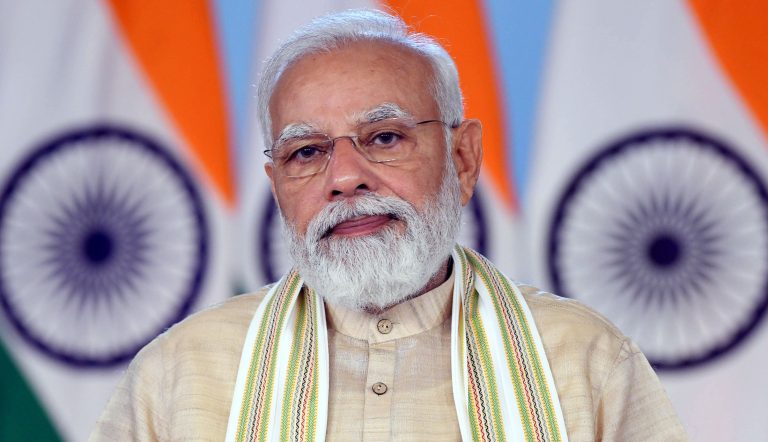Pulwama pencils script a made-in-Kashmir story
Lassipora (Pulwama): Every time a child picks up a pencil to write, chances are he or she may be holding a piece of Kashmir. A significant portion of the wood in making the country’s top brands of pencils comes from South Kashmir.
Not many know that Oukhoo, the Pencil Village in the militant hotbed of Pulwama, is the hub for making pencil slats, the main raw material. Dozens of units are engaged in preparing slats inside homes from a special poplar tree that grows only in the wetlands of district.
“The wood of trees grown here has the right amount of moisture for making pencils,” says Abdul Rahim, who owns a small unit.
60% PRODUCTION DONE IN KASHMIR
Officials say at present 60% of pencil production work is done in the units at Lassipora, one of Kashmir’s biggest industrial estates set up over 300 hectares in 1984.
Surrounded by apple orchards, hundreds of bags of raw wood neatly stacked and ready for despatch to the country’s prominent pencil-making industries are testimony to the work 250 units are doing at the estate.
“We have eight units where slats are prepared and we supply the raw material to Hindustan Pencils, which makes the Natraj and Apsara brands, and is the second biggest pencil manufacturer in the world,” says Feroz Ahmad, who set up his first unit in 2013 and owns another one in neighbouring Kakpora.
Ahmad, a graduate from Amar Singh College, Srinagar, says that most of the work in these units is being done by local women. “This industry generates employment for nearly 2,000 people. At Oukhoo, small units have come up in homes,” he says.
Slats prepared in Pulwama are sent to units where pencils are made. “Earlier, we used to supply wood to pencil makers but now we have started making slats that has helped generate jobs,” says Shabir Ahmad, a unit owner.
The unit owners are keen on making the whole pencil in Kashmir and then selling it. “We do the basic work here as the raw material is easily available. If the government gives us incentive then complete pencils can be made here,” says Showkat Ahmad, a unit holder, adding that initially the government needs to support them as they have to compete with big brands.
“If we start manufacturing pencils from this estate, thousands will get jobs. It only needs government support. I’m ready for full-fledged production,” he says, adding it’s owners making slats who pay the maximum tax in Pulwama.
The estate unit holders’ president at Lassipora, Nissar Ahmad, says there is an opportunity for growth if the government provides a level-playing field. “The toll post at Lakhanpur (Jammu) has been abolished for unit holders outside the state. How does the government expect the local industry to compete with big units? Yes, our raw material goes outside the state but for finished products, we have to rely on the local market,” he says.
If raw material is procured from outside Kashmir, it is stuck on the national highway for days. “We have been waiting for the completion of the highway for decades,” he says, adding frequent and unscheduled power cuts is another problem. “When units don’t have power, they rely on generators that raise production cost,” he says.
Work at the industrial estate gained momentum after 2006 when the government started developing it into a hub. Fourteen cold stores, where thousands of metric tonnes of fruit are stored, is also another attraction.
“We have big cold stores, TMT, foam, leather, fabrication, milk units here that generate employment for more than 10,000 people,” says Mohammad Rafi Mir, the manager of the Lassipora industrial estate.






